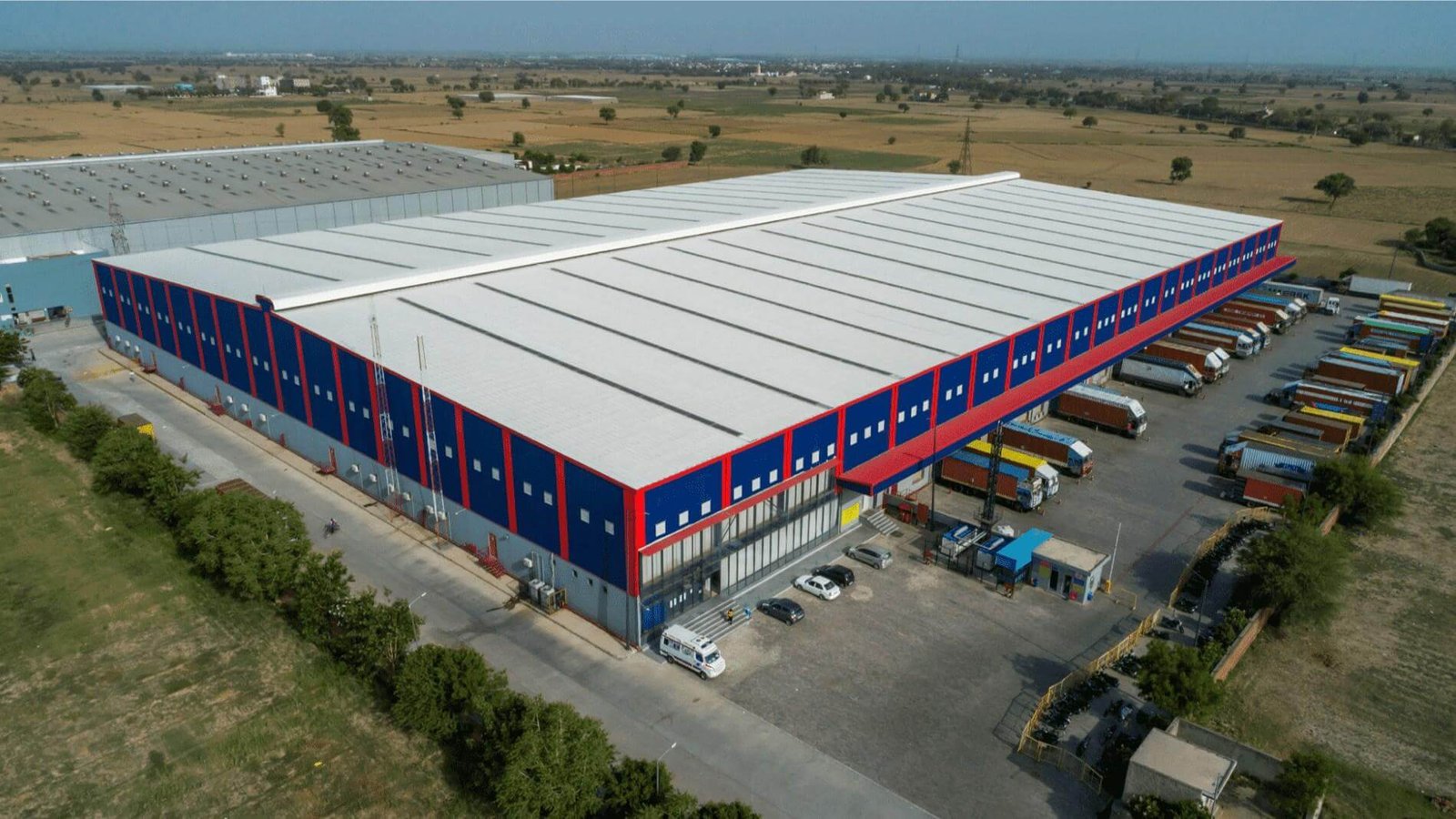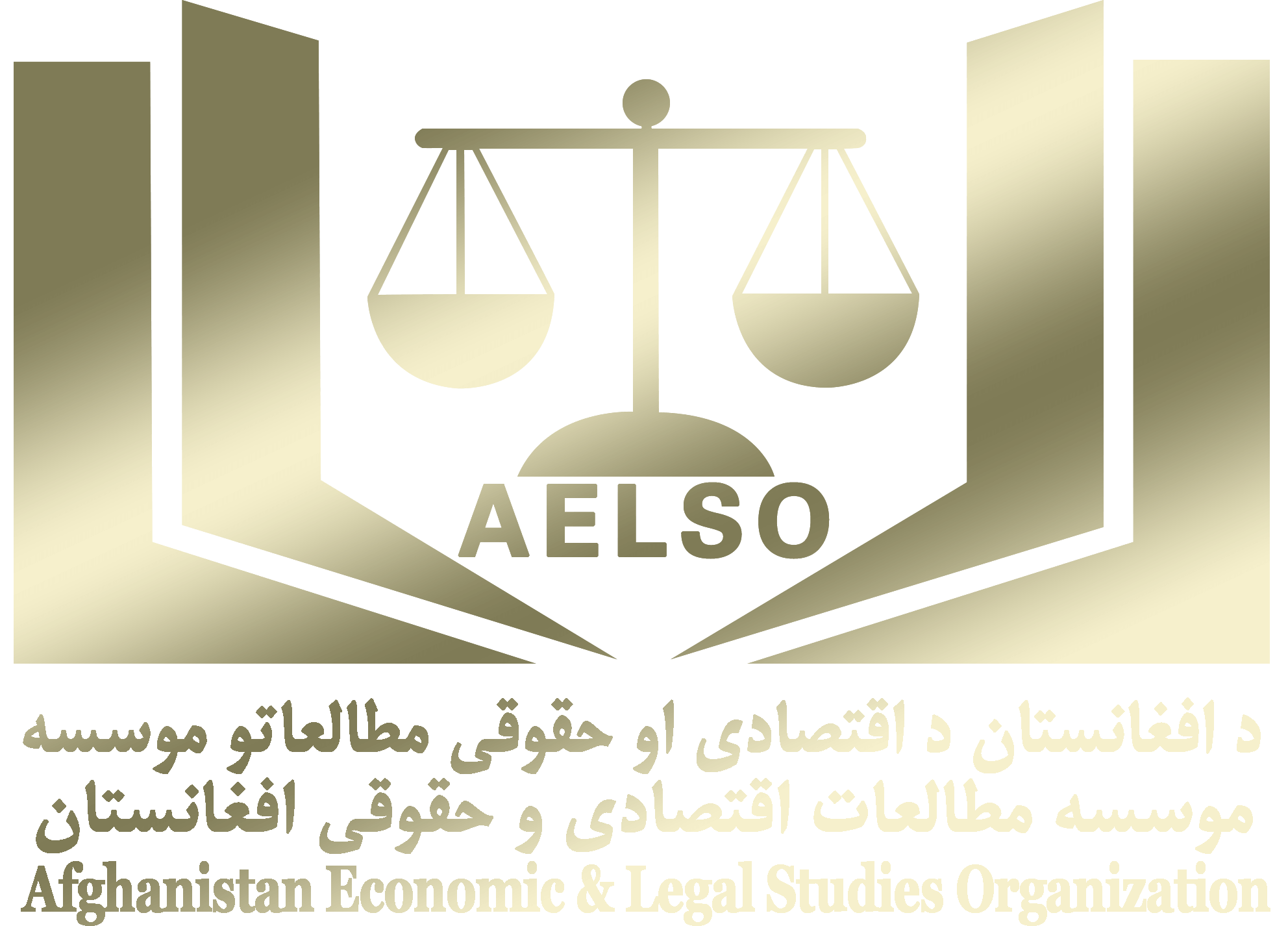
Afghanistan Economic Outlook
June 2025

Afghanistan Economic Outlook, is a creative initiative of the Afghanistan Economic and Legal Studies Organization (AELSO) which reflects most important & the latest economic events that happened during a month in Afghanistan.
By reading this economic newsletter, that has designed in three languages (Pashto, Dari & English), you can get a wider overview of Afghanistan’s economic situation.
Afghanistan Reaches Self-Sufficiency in Honey Production
 The Beekeepers Union said Afghanistan has now reached self-sufficiency in honey production.
The Beekeepers Union said Afghanistan has now reached self-sufficiency in honey production.
During a meeting held in Paktia province, members of the union called on the caretaker government to facilitate marketing for Afghan honey and provide the necessary support to increase production.
According to the union, there are currently 8,000 beekeeping farms operating across the country.
Shah Jahan Mubarez, head of the Beekeepers Union, said: “If we stop importing foreign honey, God willing, Afghanistan is self-sufficient in this sector. The reason foreign honey imports have not been stopped is that we haven’t reported this issue to the government.”
Other union members also stressed the need for market access, the promotion and maintenance of effective plants, and other necessary facilities.
Aqlbaz Selab, a member of the Beekeepers Union in Nangarhar, said during the Paktia meeting: “We need a strong honey market in Kabul, and each province should have its own market so that shops can be organized into central areas rather than being scattered in alleys. This will bring order and prevent price fluctuations.”
“Honey from Iran, Pakistan, and other countries is widely available in Afghanistan, and the presence of foreign honey has weakened the market for our local products,” said Mohammad Yousuf, a union member from Logar.
However, local officials in Paktia have assured beekeepers that their challenges will be addressed.
Mohammad Azim Azimi, head of Industry and Commerce in Paktia, stated: “Any responsibility related to us—whether in honey production or other sectors—we are committed to fulfilling it.”
According to statistics from the Department of Agriculture and Irrigation in Paktia, the province has 276 beekeeping farms, which produced 250 tons of honey last solar year.
Panjshir Cherries to Be Exported Central Asia
 Local officials in Panjshir have announced that around 100 tons of cherry products from the province will be exported to several Central Asian countries.
Local officials in Panjshir have announced that around 100 tons of cherry products from the province will be exported to several Central Asian countries.
According to officials, traders from Uzbekistan and Kyrgyzstan plan not only to purchase cherries but also to buy apples and grapes to export to Central Asian countries.
Previously, cherry products from Panjshir and other provinces were exported to India and Pakistan. However, according to Panjshir’s local authorities, these exports have been suspended this year for various reasons.
Aminul Haq Masouri, head of Industry and Commerce in Panjshir, stated: “Last year, cherries were exported to India, but this year, due to tensions between India and Pakistan, the export market has stagnated. Panjshir’s apples, apricots, and grapes also have high quality.”
Two traders from Uzbekistan and Kyrgyzstan have visited Afghanistan and, in meetings with Panjshir’s local officials, stated that they plan to purchase around 100 tons of cherry products from the province and export them to some Central Asian countries. These traders also mentioned that, in addition to cherries, they would buy apples and grapes for export to Central Asia.
Haji Zahid, a Kyrgyz trader, said: “We will not only purchase Panjshir’s cherries but also grapes, apples, and pomegranates, possibly from Panjshir or other provinces, and export them to Uzbekistan, Kyrgyzstan, and other countries.”
Abdul Basit, a resident of Panjshir, commented on the export of cherries: “In the past, cherries were not sold at high prices, but fortunately now, foreign buyers are coming and exporting cherries out of Afghanistan, which has fortunately improved the markets.”
Meanwhile, according to Panjshir’s local authorities, some orchard owners in the province earned over 360 million afghani last year from the sale of cherry products.
Uzbekistan’s Foreign Minister Stresses Importance of Trans-Afghan Project
 Uzbekistan’s foreign minister emphasized the importance of the Trans-Afghan project for regional connectivity during the India-Central Asia Business Council meeting in New Delhi.
Uzbekistan’s foreign minister emphasized the importance of the Trans-Afghan project for regional connectivity during the India-Central Asia Business Council meeting in New Delhi.
Bakhtiyor Saidov said that this corridor could become the shortest transport route between Central and South Asia and pave the way for expanded regional trade and economic exchanges.
He also called on India to participate in transport projects connecting Central and South Asia.
Bakhtiyor Saidov said: “The Trans-Afghan Corridor offers us significant capacity by providing direct access to the Indian Ocean. Expanding this route and linking it with other regional corridors can quickly establish transportation connectivity and promote trade and economic growth.”
According to Afghanistan’s Ministry of Public Works, the project spans 573 kilometers across Afghanistan, and the De facto government is committed to its implementation.
Mohammad Ashraf Haqshenas, spokesperson for the Ministry of Public Works, said: “As an active member in this project, the Ministry of Public Works of the De facto government has previously participated in meetings with different countries to advance this project and will continue to participate in such meetings in the future.”
Economic analyst Mir Shakir Yaqubi said: “The Trans-Afghan project enhances Afghanistan’s economic significance in the region compared to the past and strengthens economic and trade ties with neighboring countries. It also reduces Afghanistan’s dependence on a few limited ports and facilitates access to major global markets and ports.”
The project aims to connect Central and South Asia and other regions of the world through the transportation of goods. The cost is estimated between $4.8 billion and $7 billion, and it is expected to be completed by 2027.
Nuristan’s Precious Stones Sold for Over 42 Million Afghani
 The Ministry of Mines and Petroleum said that in the bidding process for the sale of precious and semi-precious stones from Nuristan, kunzite and beryl stones from the Mawi mine in Du Ab district were sold for over 42 million afghani.
The Ministry of Mines and Petroleum said that in the bidding process for the sale of precious and semi-precious stones from Nuristan, kunzite and beryl stones from the Mawi mine in Du Ab district were sold for over 42 million afghani.
According to the ministry’s press release, the de facto government’s share from this bidding amounted to over 4.281 million afghani.
The kunzite and beryl stones from the Mawi mine were sold for a total of 42,814,500 afghani.
Qutbuddin Yaqubi, an economic affairs expert, told: “Extraction, processing, and packaging should be done in the way the world expects. If we do not properly extract, process, and package these highly valuable gems, I am certain the world will not be interested in buying such stones.”
Other experts, highlighting the importance of Afghanistan’s precious and semi-precious stones, emphasized the need to establish processing factories within the country.
Ahmad Firdaws Behgozin, another economic expert, told ws: “Laws that help improve the extraction of Afghanistan’s minerals should be enacted, and serious monitoring should be conducted to prevent illegal extraction and smuggling so that we can witness positive changes in this sector.”
It is worth mentioning that Afghanistan’s precious and semi-precious stones are internationally renowned for their high quality, and recently, some foreign investors have also shown interest in investing in this sector.
Afghanistan Reaches Self-Sufficiency in 130 Sectors, Says Economic Deputy
 The Economic Deputy Office of the Prime Minister announced that Afghanistan has achieved full self-sufficiency in 130 sectors, and partial self-sufficiency in another 100 sectors.
The Economic Deputy Office of the Prime Minister announced that Afghanistan has achieved full self-sufficiency in 130 sectors, and partial self-sufficiency in another 100 sectors.
It also stated that six thousand industrial factories across the country have created job opportunities for 135,000 people.
These factories produce 570 types of goods, including flour, salt, oil, medicine, iron, cement, steel, and chemical products.
Hamdullah Fitrat, deputy spokesperson of the Islamic Emirate, said: “These factories produce 570 types of goods such as flour, oil, salt, medicine, iron, cement, steel, and chemical products, and they have provided direct employment for 135,000 people.”
Meanwhile, some economic experts believe that for rapid industrial growth, attention must be paid to key factors such as imposing tariffs on similar imported goods, ensuring energy and raw material supply, and supporting exports.
Abdul Nasir Reshtia, an economic expert, said: “The government has a responsibility to facilitate production factors for attracting investment and developing domestic industries. These factors include land, energy, and access to finance. If the government can implement these policies, there is no doubt we will see increased exports and more job opportunities.”
Qutbuddin Yaqubi, another economic expert, said: “To strengthen this sector, there must be greater use of domestically produced goods, more incentives for investors, and expanded opportunities. In addition, marketing channels for domestic products, both inside and outside the country, should be created.”
The economic deputy emphasized that the De facto government has taken steps to support the industrial sector, including land distribution, lowering customs tariffs, curbing smuggling, and organizing trade exhibitions.
DAB announces expansion of banking relations with Afghan US Chamber of Commerce
 First Deputy Governor of Da Afghanistan Bank, Sediqullah Khalid, on Saturday met with Jeffrey Grieco, President of the Afghanistan-US Chamber of Commerce, and discussed strengthening the private sector, increasing trade, expanding mutual banking relations, and fostering joint cooperation, DAB said in a statement.
First Deputy Governor of Da Afghanistan Bank, Sediqullah Khalid, on Saturday met with Jeffrey Grieco, President of the Afghanistan-US Chamber of Commerce, and discussed strengthening the private sector, increasing trade, expanding mutual banking relations, and fostering joint cooperation, DAB said in a statement.
During the meeting, DAB quoted Grieco, who stated that over the past three years, he has witnessed positive changes in Afghanistan’s economic and banking sectors.
He also announced the organization of a conference in August of this year aimed at expanding banking relations and invited DAB to participate and speak at the event.
In the meeting, Khalid emphasized the importance of the banking and financial sectors in the country’s economic growth and affirmed that DAB is committed to making every effort towards the nation’s economic development.
He assured that the bank is strengthening anti-money laundering programs, mechanisms for regulating currency exchangers and money service providers, and ensuring inflation remains at acceptable levels.
He added that in the past three years, Afghanistan’s banking sector has made significant progress in mutual banking relations, with financial transactions to the public increasing by 71 percent compared to last year.
According to Khalid, in just the past three months, the banking sector’s deposits have risen by 7.9 billion afghanis, and a large portion of issues related to international money transfers have been resolved.
Recent Afghanistan Economic Outlook
Join to our Newsletter

Advancing the Ideas for a Peaceful and Prosperous Afghanistan
© 2025 Copyright Afghanistan Economic & Legal Studies Organization.